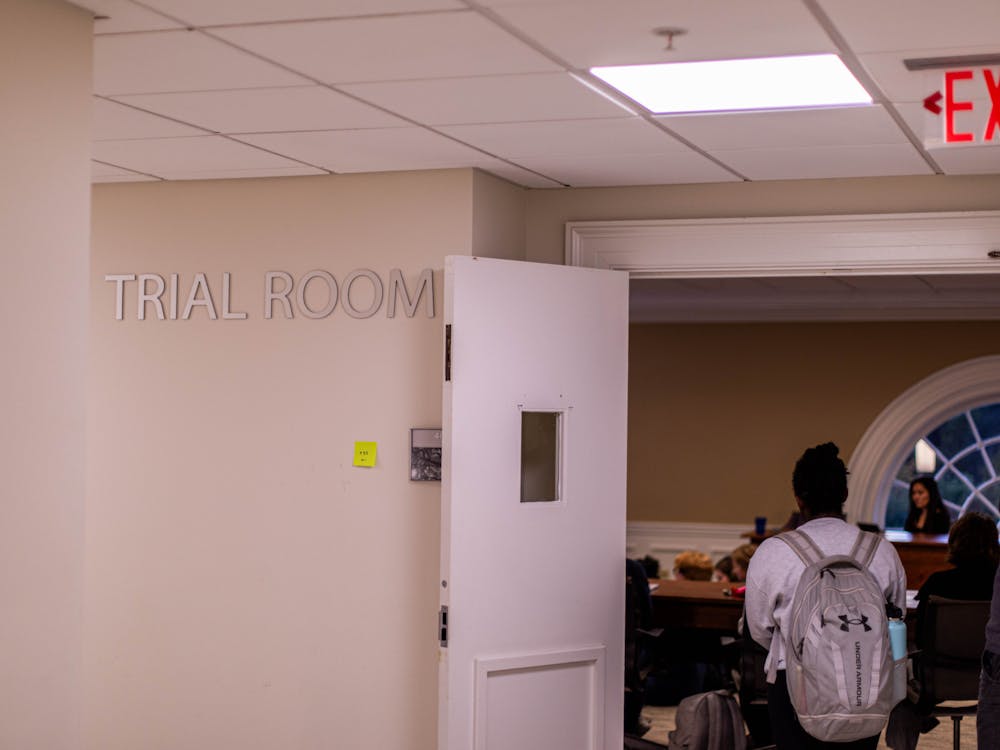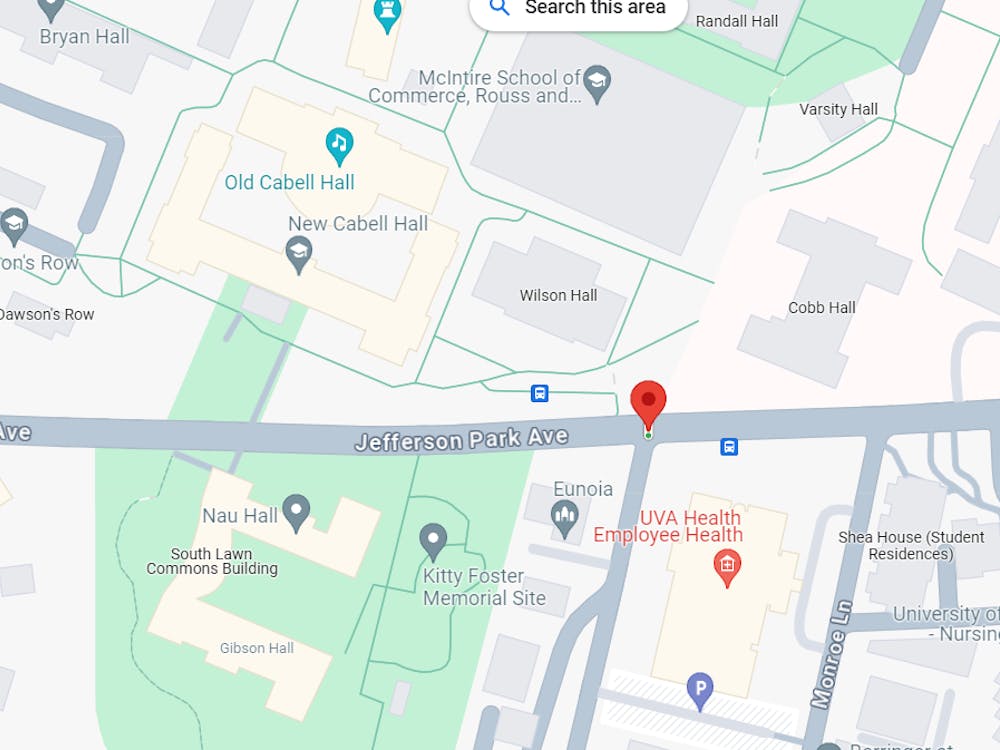President Bill Clinton's policy on the Middle East was criticized heavily last night as two experts on Middle Eastern affairs came together to speak about U.S. foreign policy in a packed Newcomb Hall South Meeting Room.
"During the past eight years, we have had an administration that was weak on foreign policy," said Khalil Jahshan, president of the Arab-American lobby group, the National Association of Arab Americans, and the American-Arab Anti-Discrimination Committee (NAAA-ADC). "The Clinton Administration is the most pro-Israel administration since 1948," he said.
Jahshan and Dov Zacheim, an advisor to George W. Bush and a candidate for National Security Advisr if Bush captures the presidency, spoke at the fourth installment of "The Middle East Peace Process Symposium," and both said the U.S. plays too much of a micromanaging role in current Middle Eastern politics.
The current administration's policy will "come back to haunt" the United States in the future, Jahshan said.
"We have taken sides with Israel. Pro-Israel groups have become policy makers for the U.S.," he said. "The problem is that all U.S. [diplomats] focusing on Israel are Jewish. The only WASP at Camp David was President Clinton."
Zacheim continued the criticism of the Clinton administration in dealing with Middle Eastern issues.
"We cannot force people to sit down and talk," said Zacheim, referring to the most recent Camp David peace negotiations.
He said he thought the Camp David discussions were unsuccessful because they did not deal head-on with complex political realities. The U.S. should reduce its role and allow the region's leaders room to work out a solution as they did in Oslo, he added.
Zacheim quoted George W. Bush's claim that "we have to learn to act without being arrogant." He said such thinking was a step in the right direction.
Jahshan said Bush's comments were a welcome sign of what he hopes will be an improved relationship between the U.S. and the Mideast if Bush is elected.
While Jahshan's comments on Clinton's policy were negative, he said Clinton has great charisma, an quality he thinks Gore lacks.
"When we would have meetings with Clinton we would disagree, but then we would leave happy. With Gore, we disagree and after we leave we puke in a corner," he said.
Gore had to be conditioned to even see Israelis and Arabs as equal human beings, he added.
Jahshan said Bush "has interacted well with the Arab community. He was the first to use 'Arab American' in a debate."
The discussion not only focused on Clinton's performance, but also on current diplomacy between Israel and its Arab neighbors in general.
The policies of the Arab countries are positive toward the U.S. despite the United States' focus on Israel, Jahshan said.
Recent violence in the Middle East has been the most damaging interruption to the peace process so far, he said.
Zacheim said he thinks the United States consistently has sought stability throughout the world and has held that as a main tenet of its policy with the Middle East. But there are some realities to the Middle East peace process that are often overlooked by pro-Arab sides, he said, including the fact that America will always give strong support to Israel.




